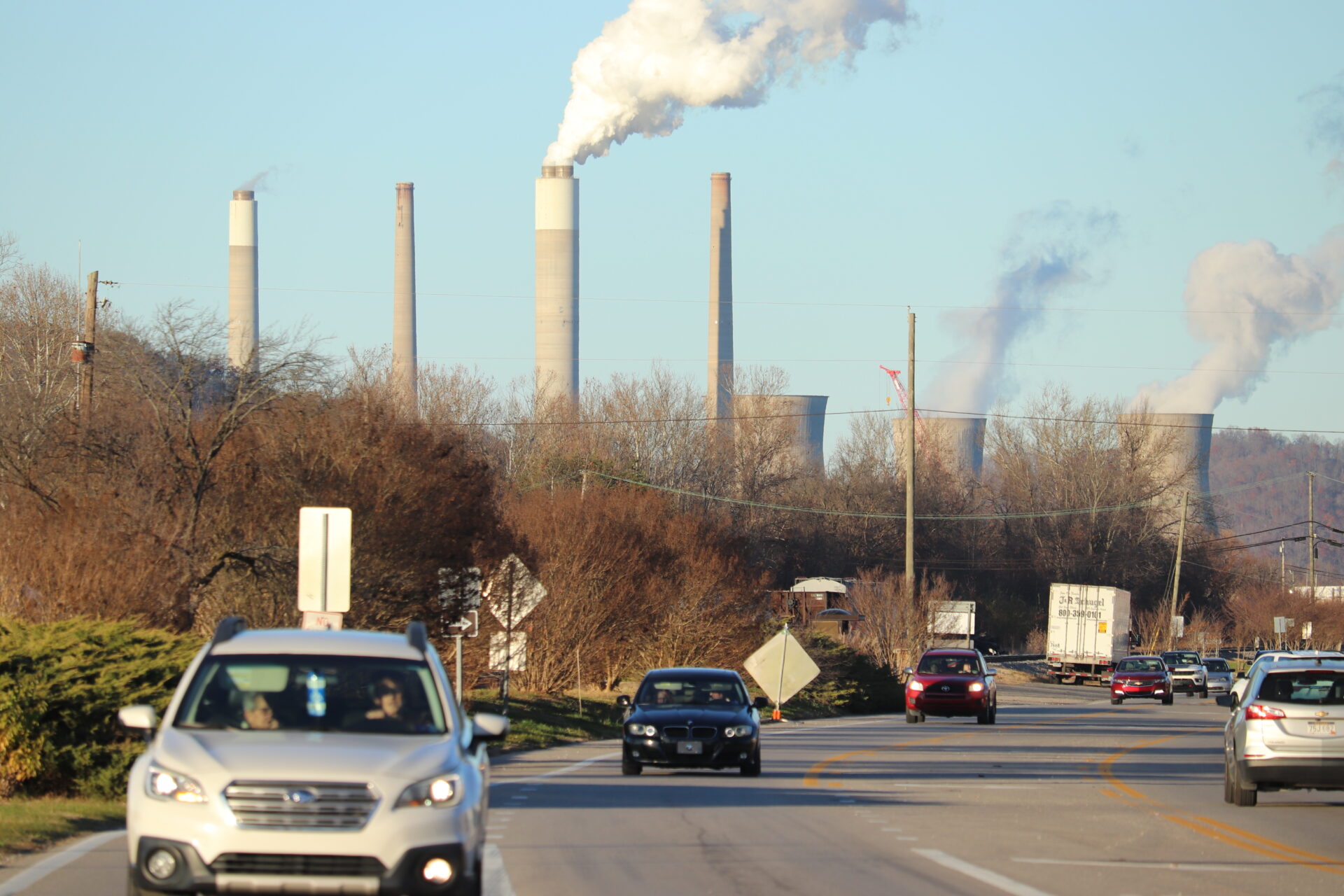The U.S. Environmental Protection Agency (EPA) has scaled back its proposal to limit carbon dioxide emissions from power plants.
The EPA said Thursday that existing gas-fired power plants would be exempt from its pending rule limiting greenhouse gas emissions.
The rule, expected in April, would still apply to existing coal and new gas plants. The agency will pursue a separate rule for existing gas plants after the November election.
“As EPA works towards final standards to cut climate pollution from existing coal and new gas-fired power plants later this spring, the agency is taking a new, comprehensive approach to cover the entire fleet of natural gas-fired turbines,” EPA Administrator Michael Regan said in a statement.
The change won’t have much effect in West Virginia. The state relies on coal for 89 percent of its electricity, and only 4 percent comes from gas.
Neighboring states – particularly Ohio, Pennsylvania and Virginia – receive more than 50 percent of their electricity from gas.
“This is a welcome step that will protect Ohio jobs and help keep electricity costs from rising for Ohio families,” said U.S. Sen. Sherrod Brown, D-Ohio. “I encourage the administration to keep working with stakeholders – including labor and manufacturers – as they finalize this rule and work to build a clean energy future.”
Coal plants will still be required to capture 90 percent of their carbon emissions, transition to gas or hydrogen, or shut down.
U.S. Rep. Carol Miller, R-West Virginia, wants the EPA to scrap the rule entirely.
“This new guidance from the EPA is nothing more than a thinly veiled attempt to destroy the coal industry,” she said. “The EPA continues to create uncertainty with flawed rule making, resulting in unstable markets and higher energy costs for all Americans.”
